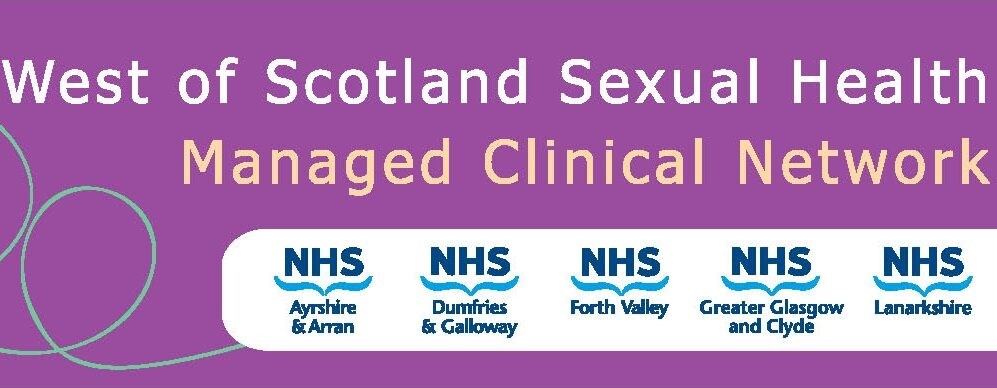Syphilis serology is positive, patient is asymptomatic and has no known negative serology within the last 2 years.
See below for investigations required.
Examination
- All patients need a careful clinical cardiovascular and neurological history recorded in the notes.
- Auscultation must be performed in patients with late latent or tertiary syphilis.
- Patients who have signs or symptoms of cardiovascular involvement should have a full cardiovascular assessment. Consider an echocardiogram +/- chest x-ray before starting therapy to exclude aortic valve disease. Patients with clinical or radiological evidence of aortic valve disease must be referred to a cardiologist for further assessment.
- Patients should have a thorough neurological examination if they have symptoms suggestive of neurological involvement
- The BASHH 2015 guidelines discuss the necessity of CSF examination in asymptomatic patients. Asymptomatic patients with no clinical findings consistent with neuro-syphilis do not need a lumber puncture. CSF examination should be done in those who have:
- Neurological/ophthalmological signs/symptoms
- Those with treatment failure
